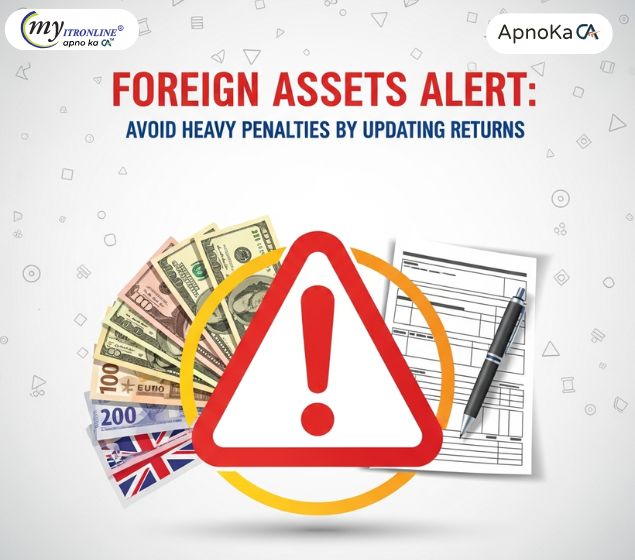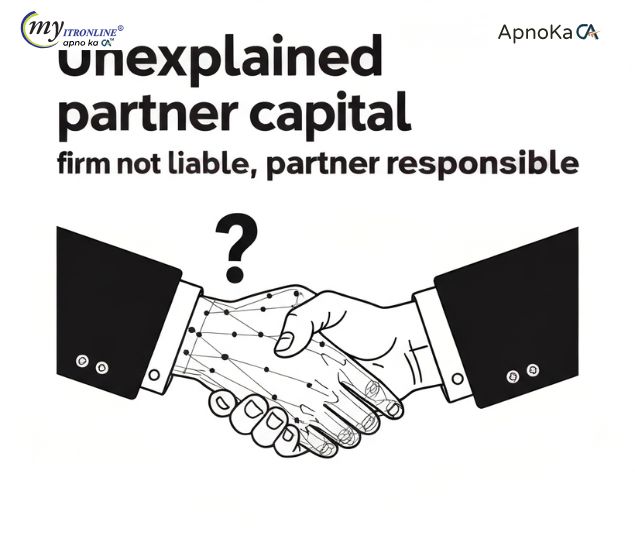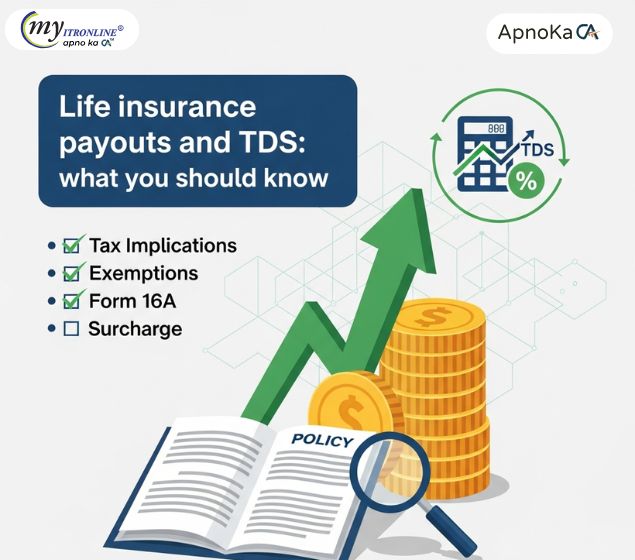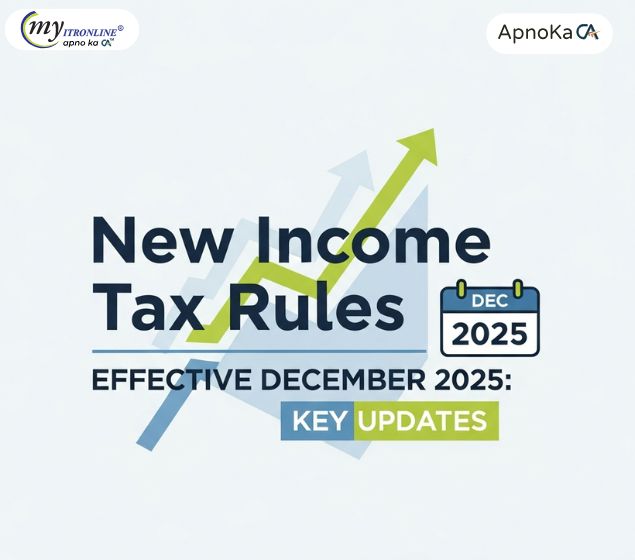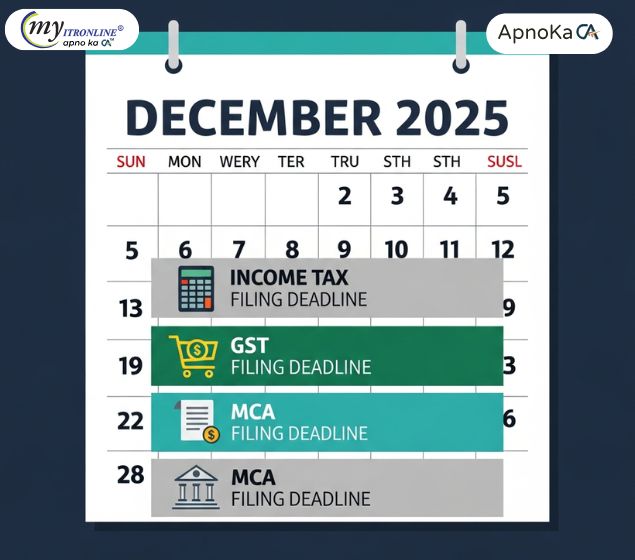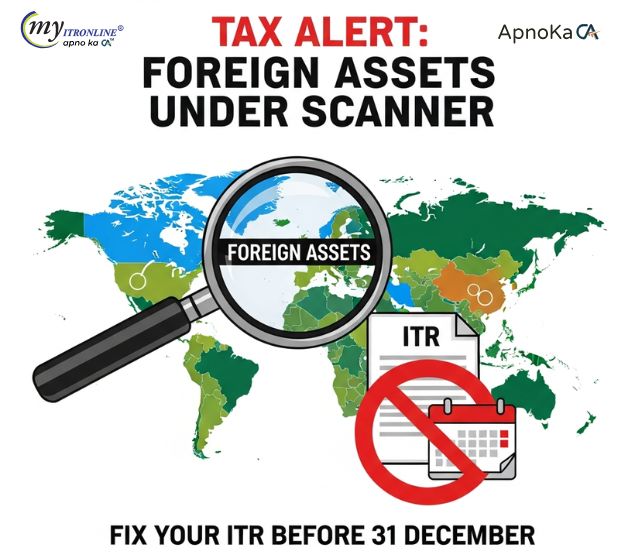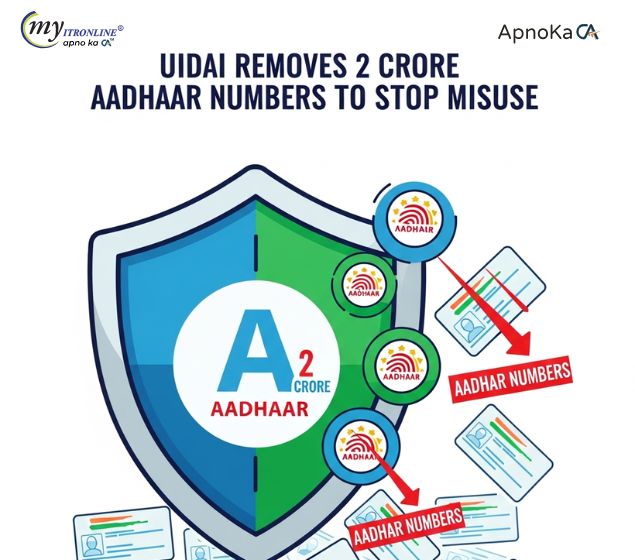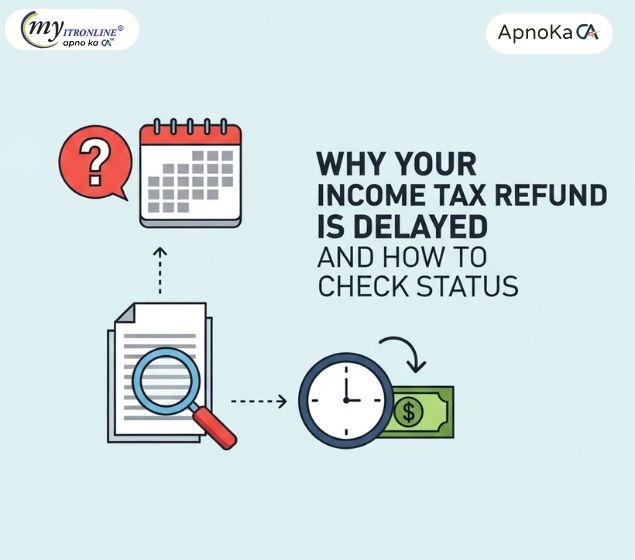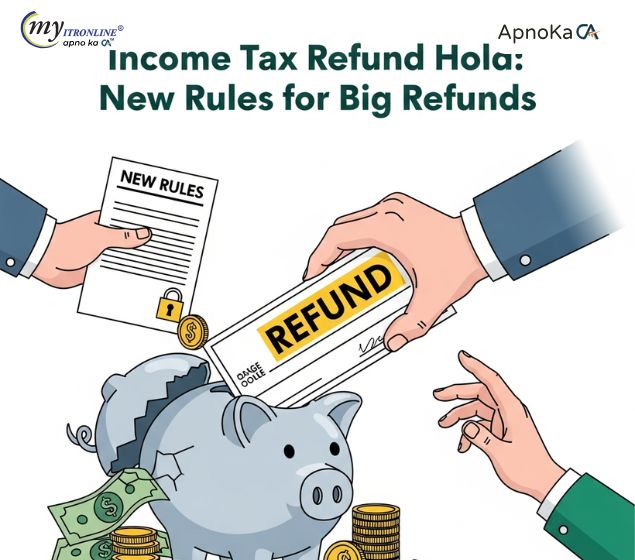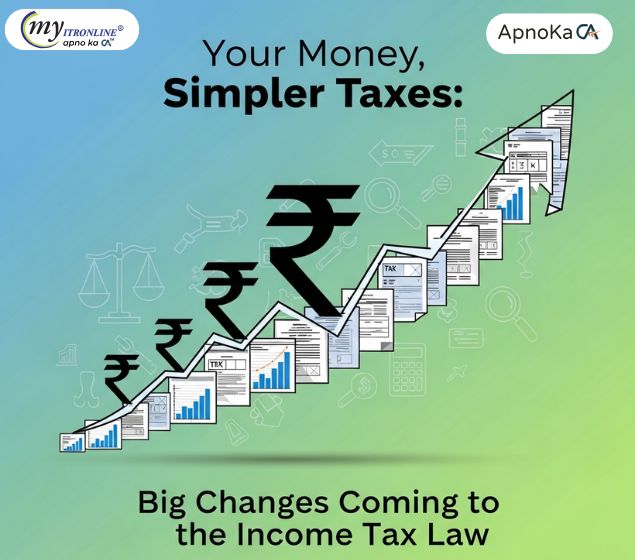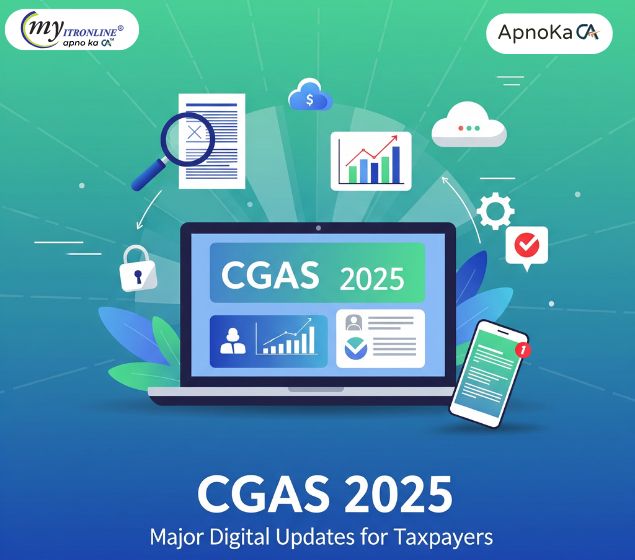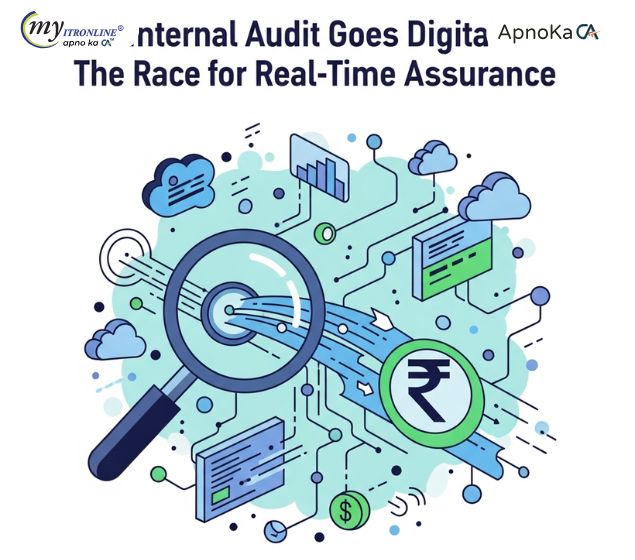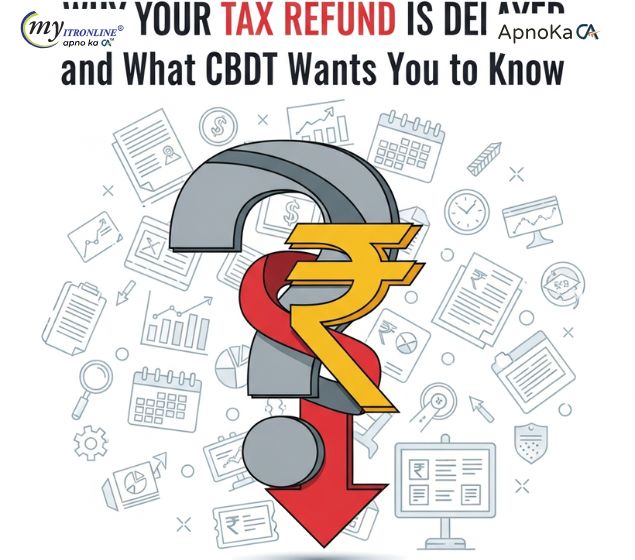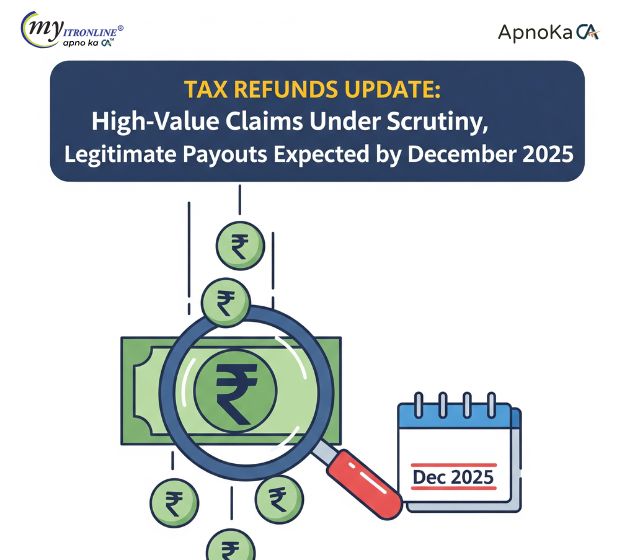Understanding Form 26QB and Form 26QC: A Comprehensive Guide to TDS for Property and Rent Transactions
This blog provides an in-depth comparison and detailed explanation of Form 26QB and Form 26QC, essential for TDS compliance in property and rental transactions. Learn about the applicability, procedures, and key differences between these forms to ensure proper tax deduction and reporting.
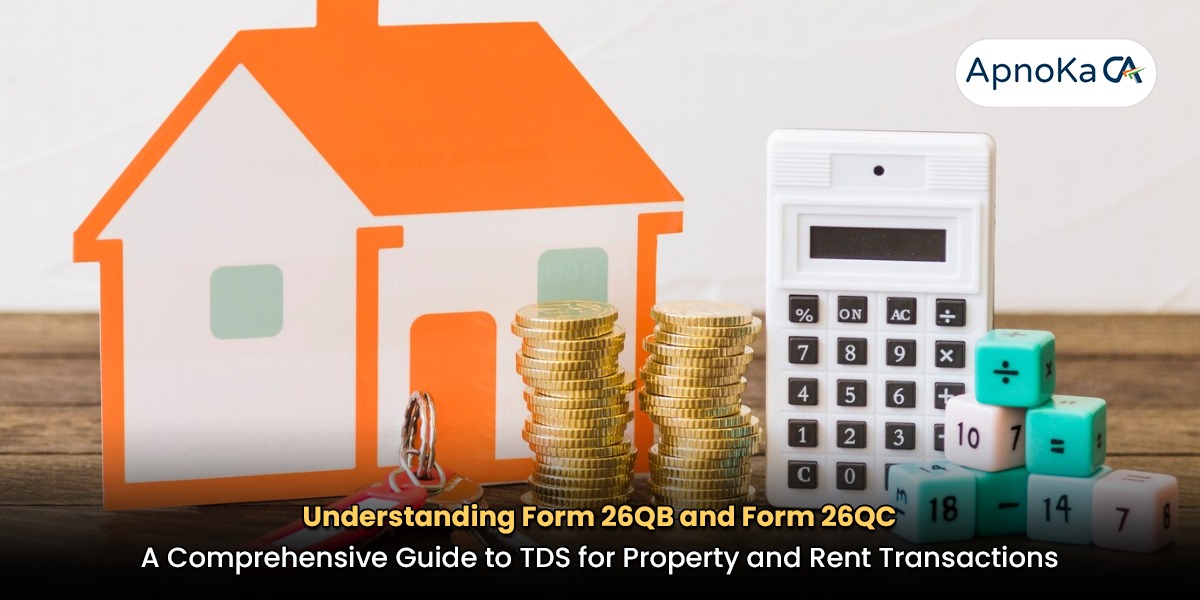
Detailed Guide on Form 26QB and Form 26QC: Key Differences and Procedures
Understanding the tax implications and compliance requirements for property and rental transactions is essential for both buyers and tenants. Form 26QB and Form 26QC are crucial forms for ensuring proper Tax Deducted at Source (TDS) reporting. This blog will provide an in-depth comparison and detailed explanation of these forms, including their applicability, procedures, and key differences.
Form 26QB: TDS on Purchase of Immovable Property
1. Applicability:
- Who: Applicable to any buyer purchasing immovable property (excluding agricultural land).
- When: When the property value is Rs. 50 lakhs or more.
- Rate of TDS: 1% of the sale consideration.
2. Purpose:
To facilitate the payment and reporting of TDS on property transactions.
3. Details Required:
- PAN Details: PAN of both the buyer and the seller is mandatory.
- Property Details: Complete address of the property, date of agreement/transaction, total consideration amount.
- Payment Details: Amount paid, TDS amount, and payment method.
4. Submission Timeline:
The buyer must submit Form 26QB within 30 days from the end of the month in which TDS was deducted.
5. TDS Certificate:
After submitting Form 26QB, the buyer must issue Form 16B (TDS certificate) to the seller within 15 days from the due date of furnishing Form 26QB.
6. Example:
If a buyer purchases property for Rs. 70 lakhs, they must deduct Rs. 70,000 as TDS (1% of Rs. 70 lakhs). This amount should be deposited to the government, and Form 26QB should be submitted within the stipulated timeline. The buyer then provides Form 16B to the seller.
7. Important Points:
- If the seller does not provide their PAN, TDS must be deducted at 20%.
- The buyer does not need to obtain a TAN (Tax Deduction and Collection Account Number).
- The TDS amount should be deducted from the consideration paid to the seller.
Form 26QC: TDS on Rent Payments by Individuals/HUFs
1. Applicability:
- Who: Applicable to individuals or Hindu Undivided Families (HUFs) who are not liable to tax audit.
- When: When the rent payment exceeds Rs. 50,000 per month.
- Rate of TDS: 5% of the total annual rent.
2. Purpose:
To facilitate the payment and reporting of TDS on rent payments.
3. Details Required:
- PAN Details: PAN of both the tenant and the landlord is mandatory.
- Rental Agreement Details: Duration of the lease, monthly rent amount, and total annual rent.
- Payment Details: Amount paid, TDS amount, and payment method.
4. Submission Timeline:
The tenant must submit Form 26QC within 30 days from the end of the month in which TDS was deducted.
5. TDS Certificate:
After submitting Form 26QC, the tenant must issue Form 16C (TDS certificate) to the landlord within 15 days from the due date of furnishing Form 26QC.
6. Example:
If a tenant pays a monthly rent of Rs. 60,000, they must deduct Rs. 36,000 as TDS (5% of Rs. 7,20,000 annual rent). This amount should be deposited to the government, and Form 26QC should be submitted within the stipulated timeline. The tenant then provides Form 16C to the landlord.
7. Important Points:
- The tenant does not need to obtain a TAN.
- The TDS amount should be deducted from the rent paid to the landlord.
- If the landlord does not provide their PAN, TDS must be deducted at a higher rate of 20%.
Key Differences Between Form 26QB and Form 26QC
| Feature | Form 26QB | Form 26QC |
|---|---|---|
| Applicability | Purchase of immovable property | Rent payments exceeding Rs. 50,000 per month |
| Deductor | Buyer of the property | Tenant (Individual/HUF not liable to tax audit) |
| TDS Rate | 1% | 5% |
| TDS Certificate | Form 16B | Form 16C |
| Submission Due Date | Within 30 days from the end of the month in which TDS was deducted | Within 30 days from the end of the month in which TDS was deducted |
| Details Required | PAN of buyer and seller, property details, TDS payment details | PAN of tenant and landlord, rent agreement details, TDS payment details |
| Examples | Purchase of property worth Rs. 70 lakhs requires Rs. 70,000 TDS deduction and Form 26QB submission | Monthly rent of Rs. 60,000 requires Rs. 36,000 TDS deduction annually and Form 26QC submission |
Conclusion
Understanding the nuances of Form 26QB and Form 26QC is essential for complying with TDS regulations in property and rental transactions. By ensuring timely deduction and submission of TDS, buyers and tenants can avoid penalties and ensure smooth processing of their transactions. Whether dealing with property purchases or rental payments, being informed about these forms and their requirements helps maintain compliance and uphold tax regulations.
FILING YOUR INCOME TAX RETURN F.Y 2024-25 (A.Y. 2025-2026) WITH MYITRONLINE
The income tax filing deadline is right around the corner. If you haven’t filed yet, do it today with Myitronline! Avoid last minute rush and file your tax return today on MYITRONLINE in Just 5 mins.(www.myitronline.com)
If you are looking for eCA assistance to file your income tax return/ GST, you can opt for MYITRONLINE eCA assisted plan starting
Upload Salary Individual Form-16
If you have any questions with filing your tax return, please reply to this mail. info@myitronline.com OR call 9971055886,8130309886.
Note-All the aforementioned information in the article is taken from authentic resources and has been published after moderation. Any change in the information other than fact must be believed as a human error. For queries mail us at marketing@myitronline.com
Krishna Gopal Varshney
An editor at apnokacaKrishna Gopal Varshney, Founder & CEO of Myitronline Global Services Private Limited at Delhi. A dedicated and tireless Expert Service Provider for the clients seeking tax filing assistance and all other essential requirements associated with Business/Professional establishment. Connect to us and let us give the Best Support to make you a Success. Visit our website for latest Business News and IT Updates.
Leave a reply
Your email address will not be published. Required fields are marked *Share this article
Krishna Gopal Varshney, Founder & CEO of Myitronline Global Services Private Limited at Delhi. A dedicated and tireless Expert Service Provider for the clients seeking tax filing assistance and all other essential requirements associated with Business/Professional establishment. Connect to us and let us give the Best Support to make you a Success. Visit our website for latest Business News and IT Updates.
View articles








